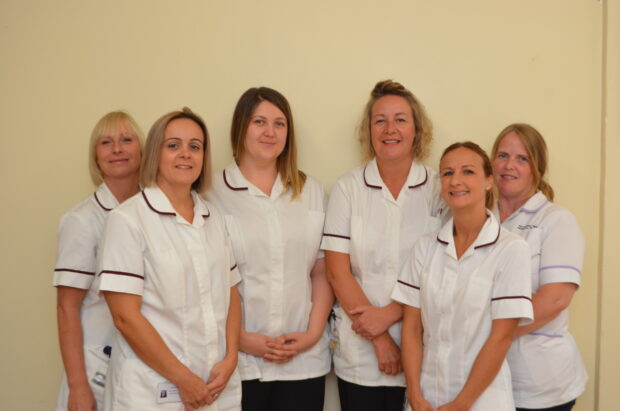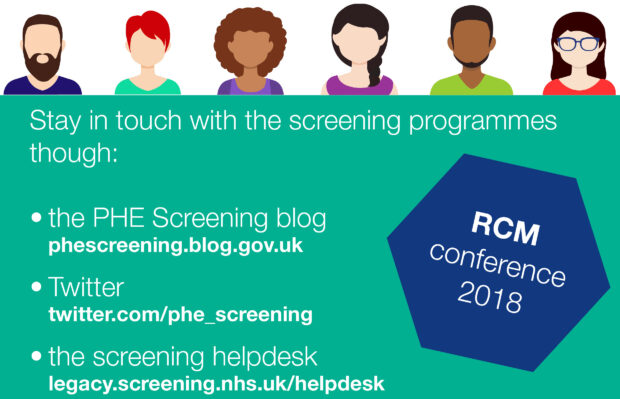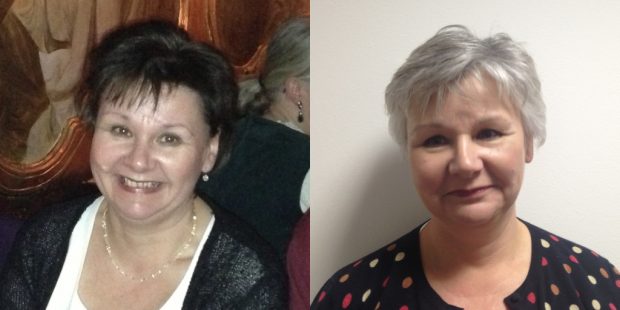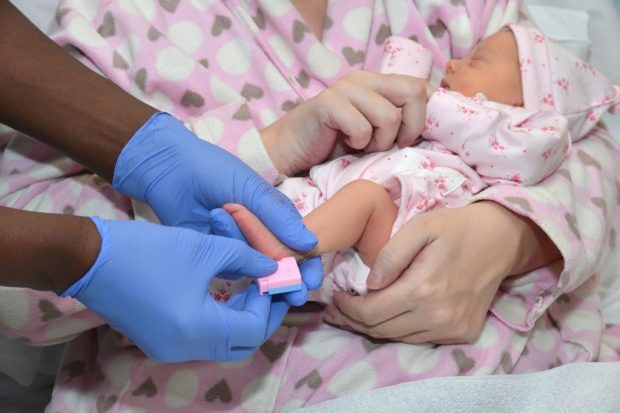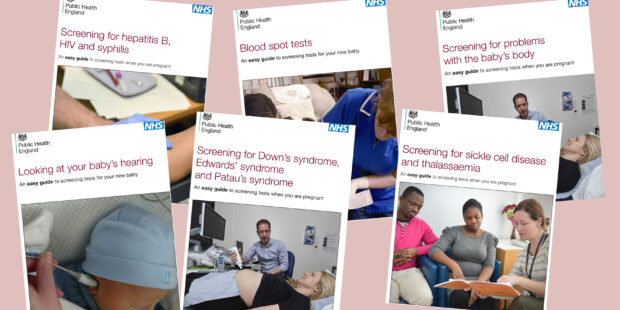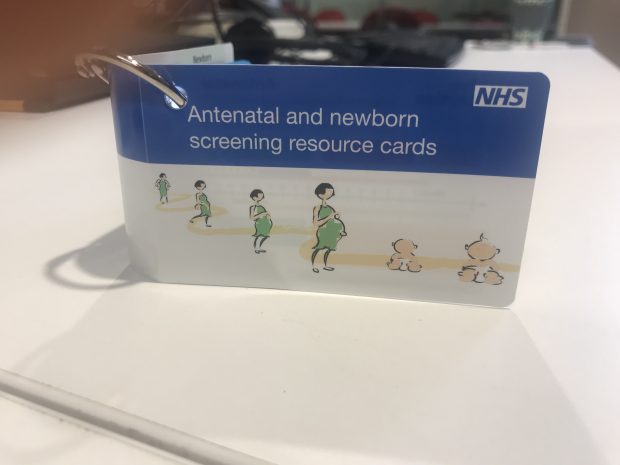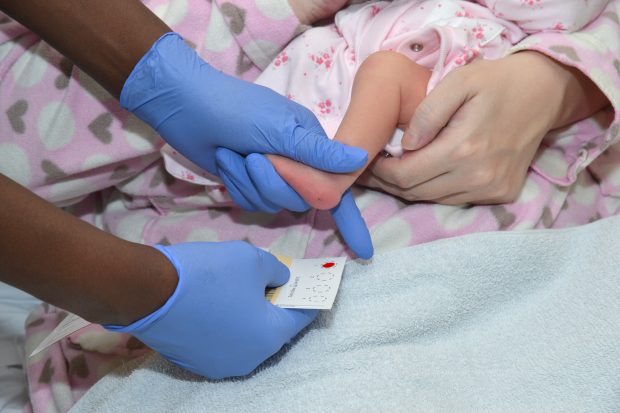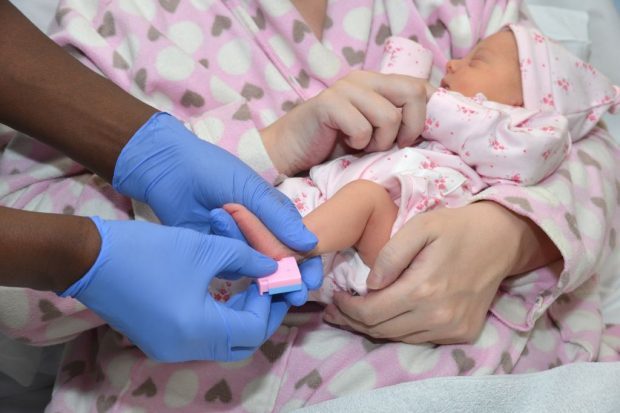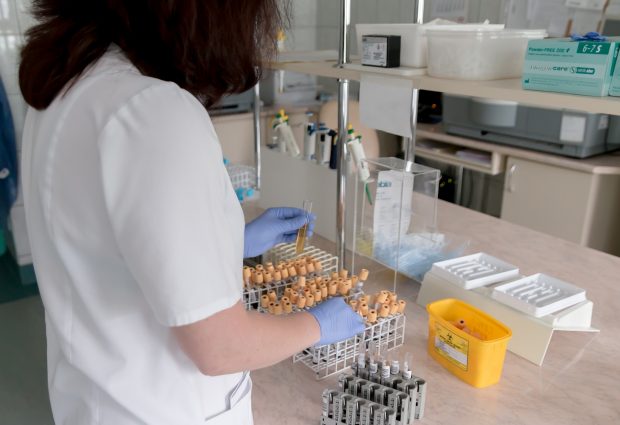My name is Lynne Grey (3rd from right) and I am a newborn hearing screening co-ordinator. I want to share something we did in the Northamptonshire hospital I work in to promote the importance of newborn hearing screening - and the feedback we did afterwards.
This year’s Royal College of Midwives (RCM) conference starts today in Manchester with more than 3,500 delegates attending. PHE Screening has a stand where we will be updating delegates on all the antenatal and newborn national screening programmes and answering any questions they may have.
Gail Allan is retiring after 16 years working for the NHS Newborn Hearing Screening Programme (NHSP). Here she reflects on her experiences and the successes of the programme.
We've just updated guidance for the newborn blood spot programme.
The Screening tests for you and your baby: easy guides have been well received by health professionals and the public, an evaluation project has found.
Information about replacing our credit card sized collection of plastic resource cards which support midwives in their conversations about screening with women and their families, to facilitate informed choices.
Completion of the level 3 diploma is required for screeners who are not qualified healthcare professionals currently on a professional register. Qualified professionals working in the AAA or DES programmes only need to complete the units of the diploma that are relevant to their role.
This blog is about a new process for managing the records of babies who are born in England but live in Wales, or have newborn blood spot screening tests carried out in Wales.
We’ve just published an updated version of the newborn blood spot (NBS) screening programme handbook for health professionals.
One of the main roles of Public Health England's (PHE) screening quality assurance service (SQAS) is to carry out formal visits to antenatal and newborn screening services. SQAS works with professional and clinical advisors when visiting laboratories providing screening tests for: …
